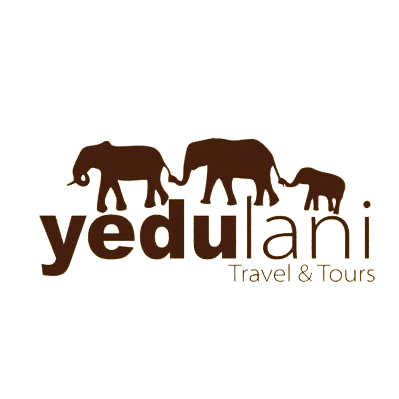
In line with its conservation efforts, African Wildlife Foundation has donated to Zimbabwe National Park’s to assist its conservation efforts.
By Godknows Homwe
The donation to Zimbabwe National Parks (ZimParks) aims to aid surveillance, conservation efforts and boost ranger’s moral in the mid-Zambezi region. The sponsorship agreement of the donation is valued at USD$10 million to mid-Zambezi valley.
AWF efforts have been critical on issues focused on biodiversity and habitat maintenance and restoration, rural community resilience, and wildlife species conservation.
Ms. Olivia Mufute, AWF Country Director – Zimbabwe, during a media tour of the Mid-Zambezi valley, expressed that they are relentless in ensuring the conservation of the region and support programs in Zimbabwe’s protected areas to curb poaching.
“We are saying as African Wildlife Foundation (AWF), we are going to be in this mid-Zambezi Landscape for the next 10 years and we are going to bring significant investment and funding, as well as continue to fund raise for the landscape,” she said.
It is not only this landscape AWF has identified as the priority to support. As per AWF’s 10-year conservation strategy it is also focusing on the south-eastern lowveld and the Kavango Zambezi (Kaza) Trans-Frontier Conservation Area in the north-western part of Zimbabwe.

“We are here for the long term to support both the government, local communities and directly to the officials of Zimparks that we work with to improve their welfare and to motivate the rangers and ensure that long term we are conserving charismatic species that you do not find anywhere in the world but in this environment.”
The mid-Zambezi region, which consists of riverine, and terres-trial ecosystems unique to the subcontinent, has continued to face a number of operational challenges linked to animal poaching, as well as snaring.
Among threatened species found in the valley are the painted wild dog (Lycaon pictus)and the Nyala (Tragelaphus angasii).
Considering conservation and wildlife management of such a vast area it is an expensive exercise which needs money and resources considering last 2-3 years the national parks, which rely on tourism sector, have been affected by COVID 19 pandemic.
Zimparks appreciates the support
Zimparks’s spokesperson, Tinashe Farawo, appreciated AWF’s efforts, mentioning them not as donors but conservation partners.
“We are extremely grateful to AWF who have been supporting us and ensuring our rangers are at least comfortable during patrols, they bought us vehicles, digital radios for rangers communication, put up solar infrastructure,” noted Farawo.
“It’s a very important step for wildlife conservation. They are doing a lot by giving us fuel and even mantainance of roads and infrastructure it’s a plus to us.”






“Having the second largest population of elephants in the world and management of other animals is not accident of history. It’s a result of good management and practices as well as good conservation partnerships especially in this mid-Zambezi region where AWF is doing a lot of work in supporting wildlife management and conservation efforts,” Farawo added.
Mr. Felix Chimeramombe, Zimpark’s Mid-Zambezi Manager, extended gratitude for projects towards conservation such as the new state-of-the-art Marongora Vehicle Workshop that has been constructed through assistance from AWF, from being a satellite workshop, it has now become a central workshop for the mid Zambezi region.





“We are delighted that this support will not only resource the rangers on the ground, now we’re able to service all our vehicles in the region from the 11 stations,” he said.
“Also from the budget point of view, we’re now saving quite a substantial amount of money, from the cost of going to service vehicles at private garages or as far as Harare. Even other tour operators within the region will benefit from the vehicle workshop.
AWF is an organization that support development of landscapes that are people centric and that really focus on a conservation of these mega flora and fauna to ensure that the ecosystem continues to function.
The organization’s primary advocate for the protection of wildlife and their habitats as an essential part of a modern and prosperous Africa. Founded in 1961 during the African independence movement in order to build our capacity to steward our natural resources, AWF articulates a uniquely African vision, bridging science, education, public policy, and field programs to demonstrate the benefits of conservation and build a future for Africa where people and wildlife thrive.
“Our programs not only cover protected areas but also work on communal land working with local communities. We have programs in Mbire, Hurungwe and Muzarabani and have already trained 75 community scouts to assist with conservation efforts,” said Olivia.


